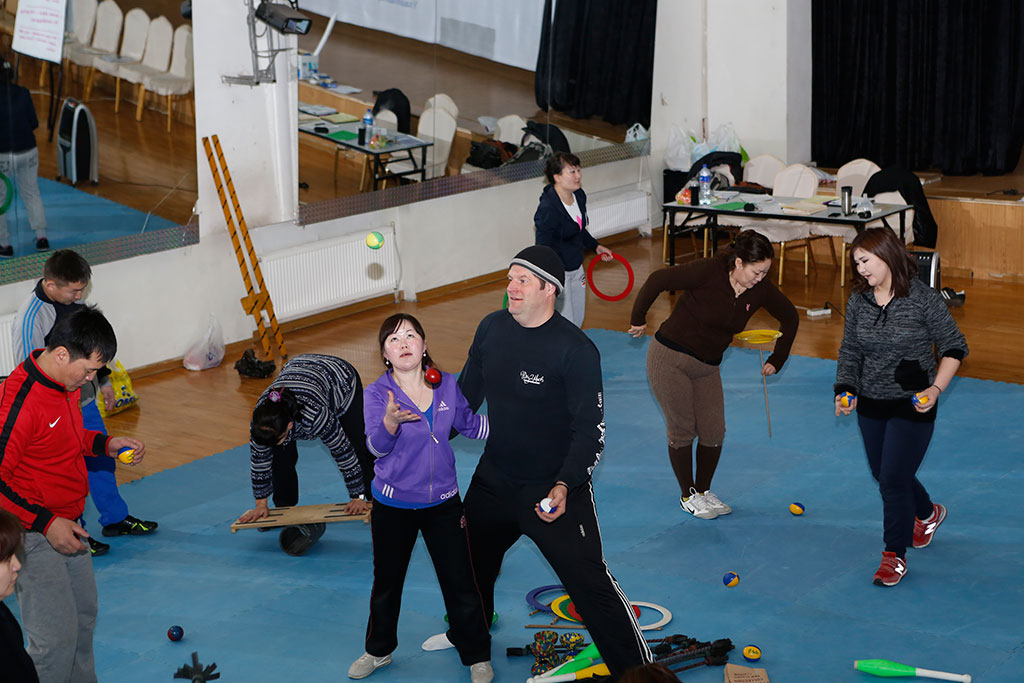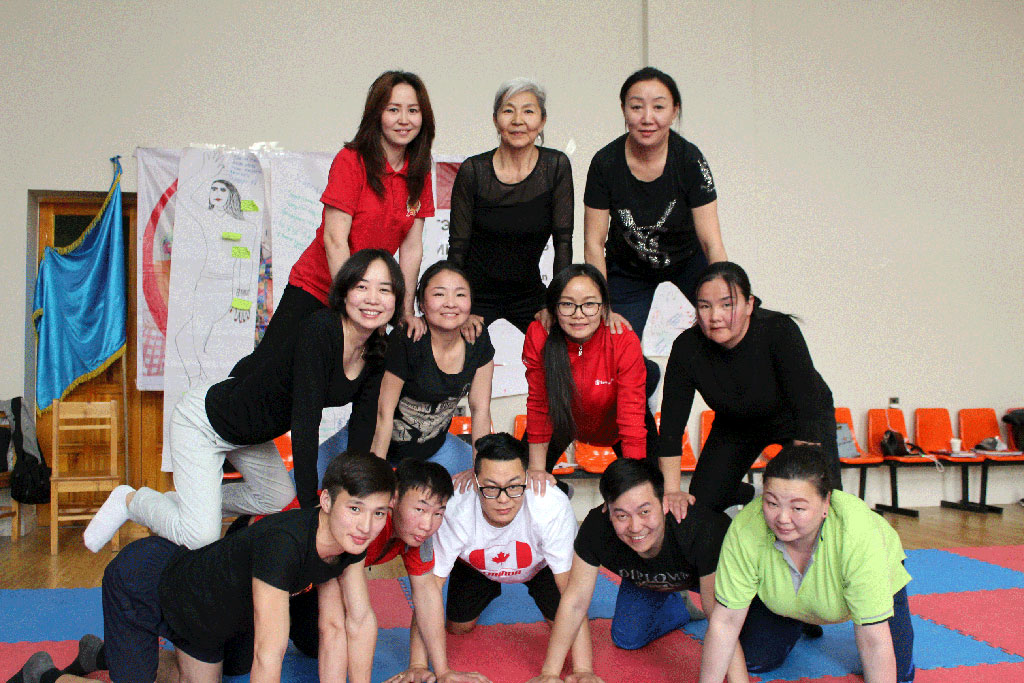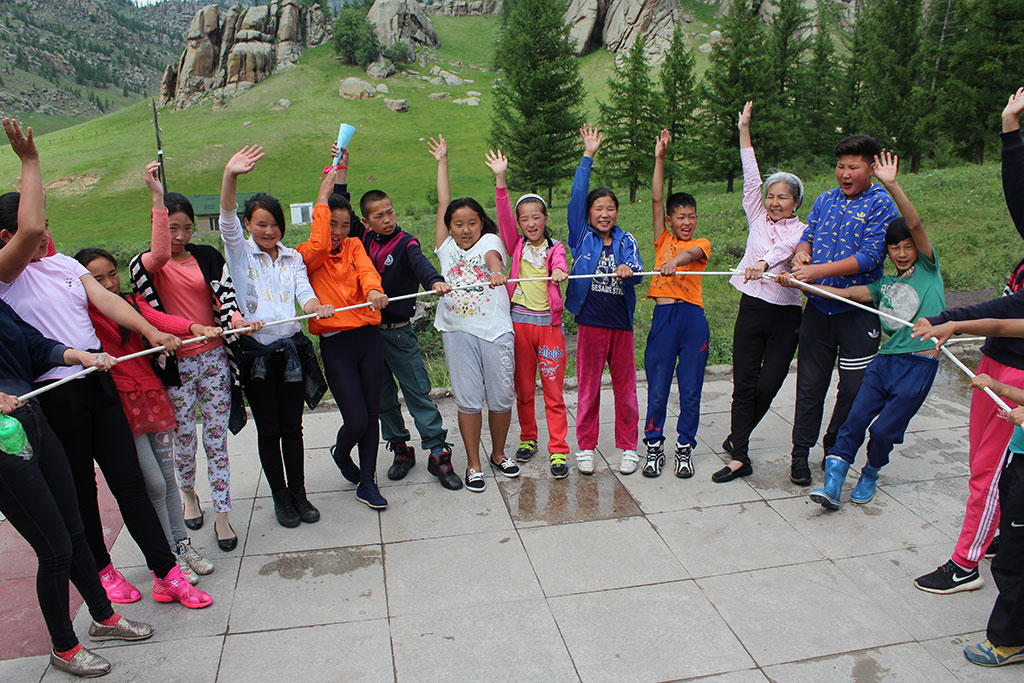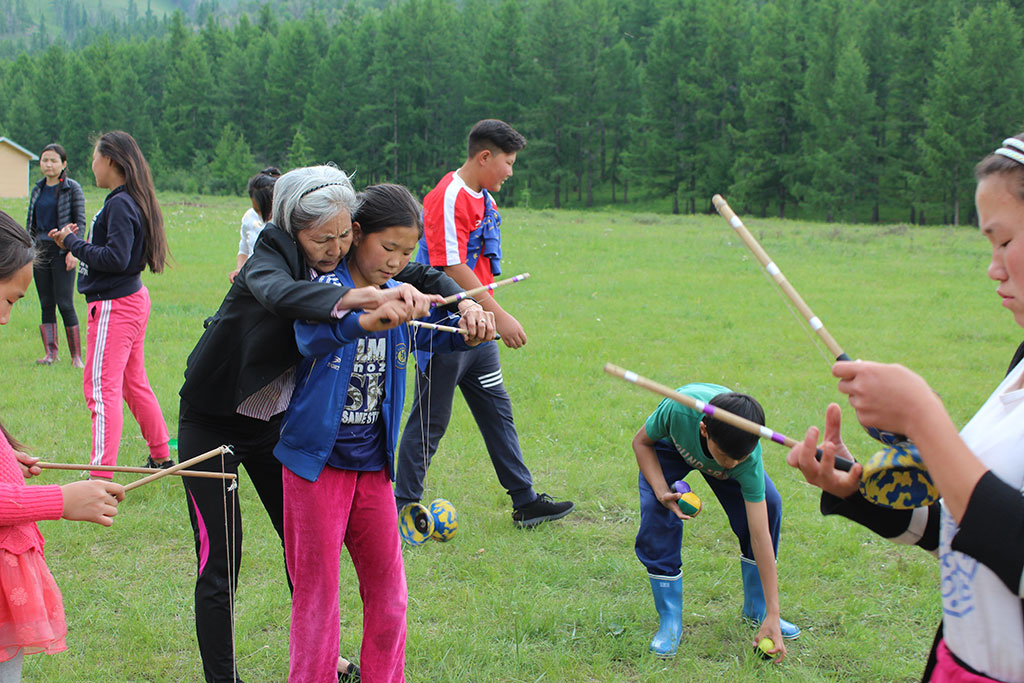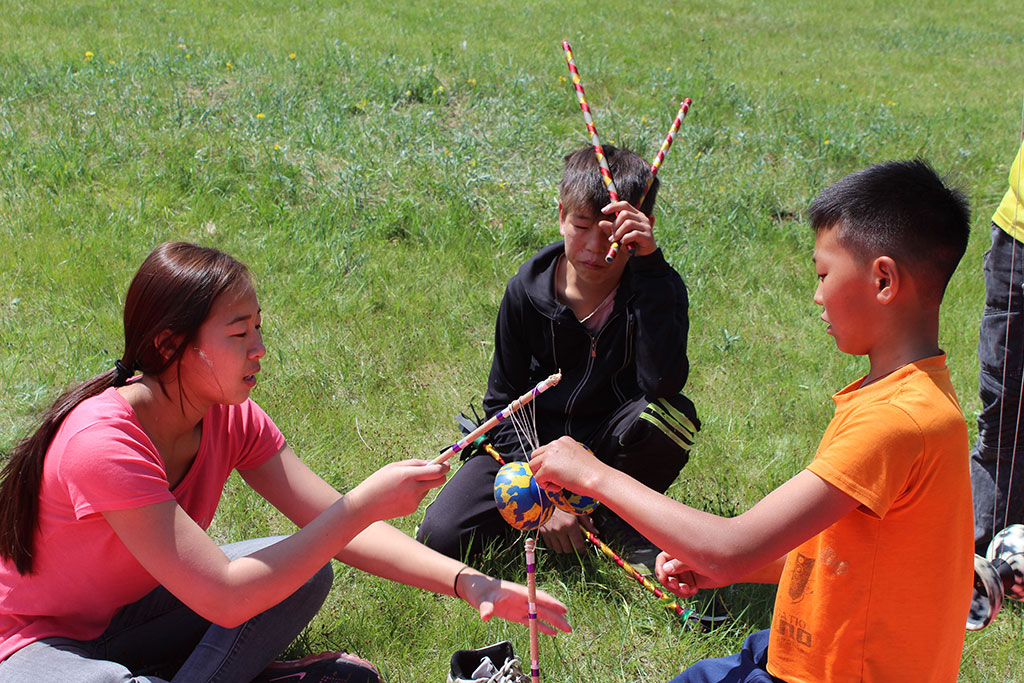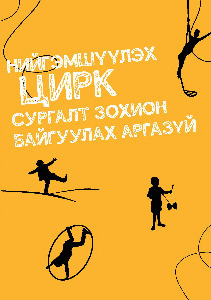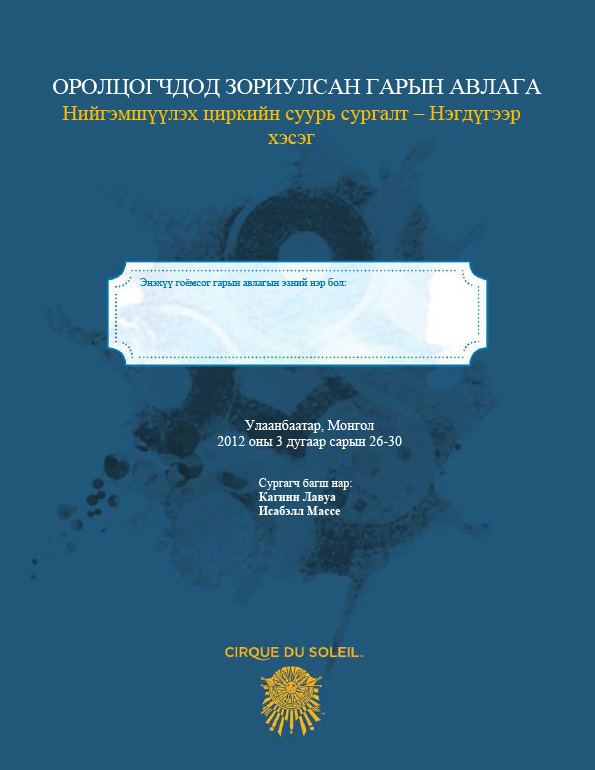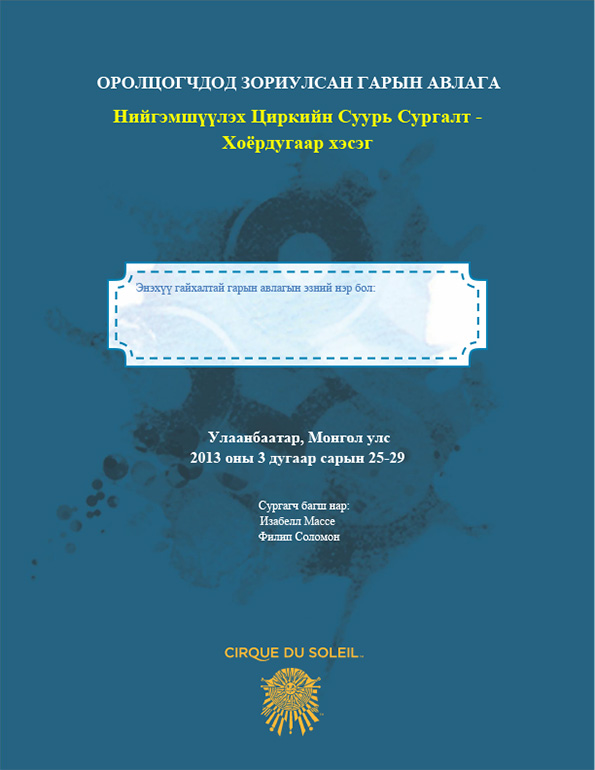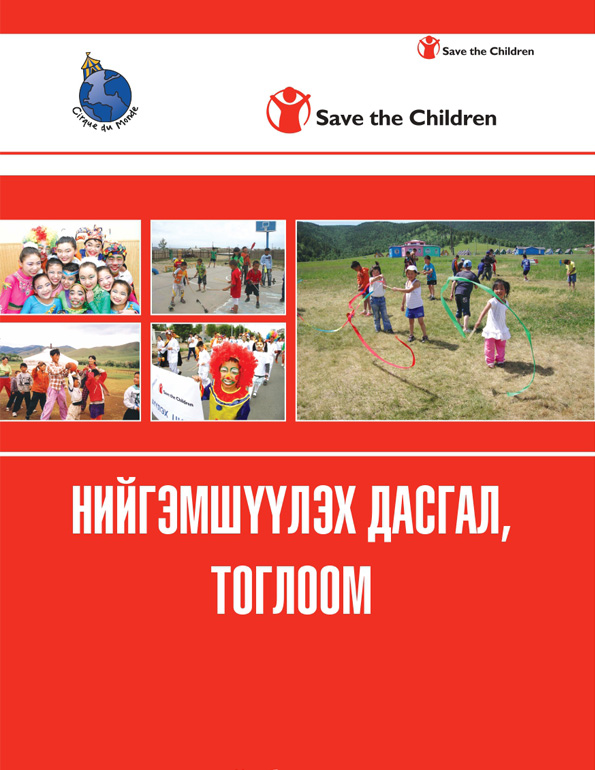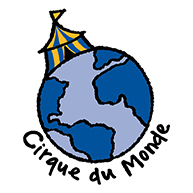Brief information:
Social Circus is a major international program developed by the world-renowned Canadian Cirque de Soleil in more than 50 countries. Save the Children implemented this program in Mongolia since 1999 to support the individual and social development of children and youth living in difficult circumstances. By participating in this training, children and young people not only learn circus techniques, but also acquire positive social skills. It also improves children's ability to participate in social life by experiencing the benefits of group work, building resilience, listening to others, respecting themselves, and building self-confidence. Three participants in the “Social Circus” project from Mongolia have become professional circus performers and are working successfully around the world. In addition, thousands of children have developed the ability to cope with the challenges they face and make a significant contribution to their physical and social well-being.

